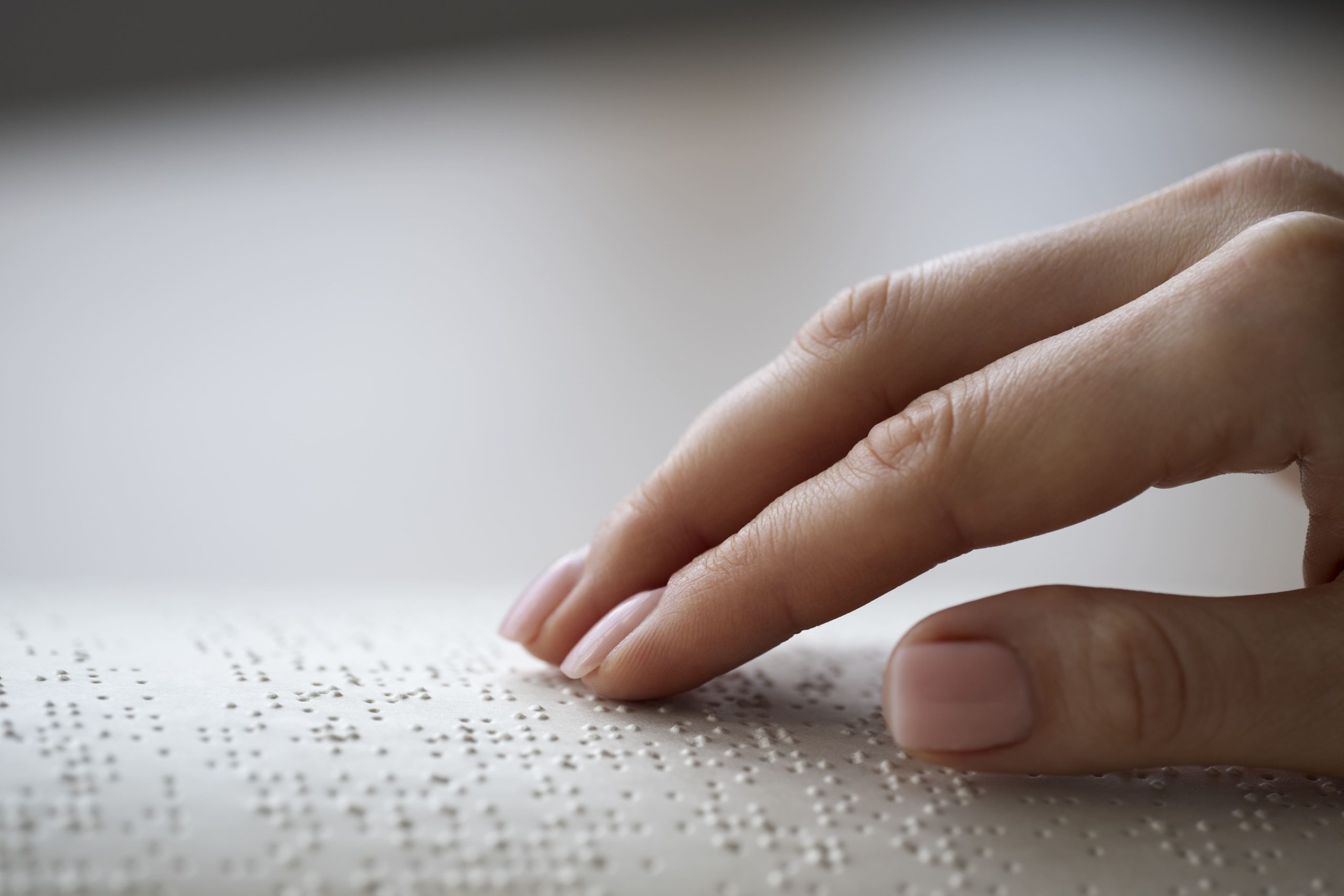We live in a big-data society. Thousands of data are shared daily in print and online media. However, according to the World Health Organization (WHO, 2019), blindness and visual impairment affect at least 2.2 billion people. Spain has 979,200 people with visual disabilities (2.2% of the total population), of which 58,000 are blind (AGE/INE 2008). In Brazil, more than 7.2 million people have some visual disability (3.6% of the population) and 528,000 with blindness (PNS/IBGE 2013). It is a health problem that will probably worsen in the coming decades. So how do you make data available to this audience? In turn, haptic visualization is one of the ways to facilitate data understanding for blind or visually impaired people. This proposal presents DATOUCH, a guide for journalism with recommendations to convert data visualization into audio-haptic properties.
At this time, there is an interdisciplinary approach that includes social sciences and humanities, computer science, and cognitive science. On top of that, studies involving journalism and accessibility are rare. This research aims to fill this gap, in particular, promoting fair strategies for the availability of data representations and enhancing the right to universal access to the means of information and knowledge. This project also addresses the next Horizon Europe program 2021-2027 and the EU Sustainable Development Goals (Goal 10: Reduce inequalities). We will carry out the research at the Faculty of Communication Sciences of the University of Malaga (SEJ612 and R&D-i project: “Impact of disinformation on journalism: content, professional routines and audiences” (PID2019-108956RB-I00). Ministry of Science and Innovation).
The DATOUCH project integrates the Grants for the Requalification of the Spanish University System under the María Zambrano Grants modality for the Attraction of International Talent. It is financed by the European Union through the NextGenerationEU program, within the Recovery, Transformation and Resilience Plan of the Government of Spain.

